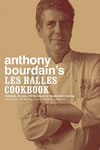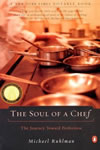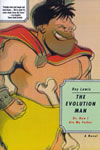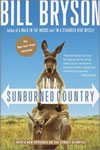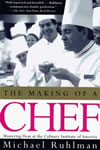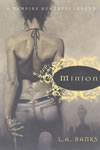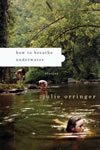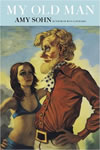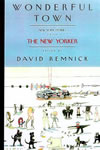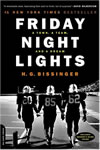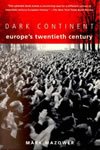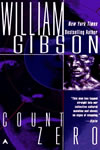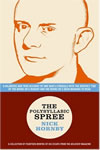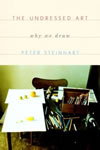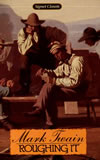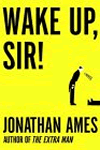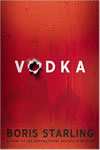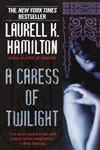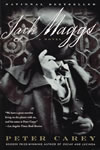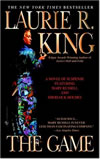Bourdain writes that this cookbook is not a cookbook, and he's got a point. It's an illustrated sermon. The point is to cajole you to pay attention to the food, and to enjoy this simple, tasty style of food.
Why wouldn't you enjoy? First, it's French, and for Americans even the simplest French cooking has a forbidding encrustation of snobbery and mystery. Bourdain's point is that this is simple food. "If you can make a decent chili, you can make cassoulet. A lot of the same principles are at work. Don't let the French name fool you. Ever."
Another obstacle is the insistence of gastro-porn on using only the finest, freshest ingredients and home-made everything. My mother gave me Gourmet one year in grad school, and it drove me nuts: if there's a long, inconvenient and costly way to do something, Gourmet wants you to do it that way. Bourdain has limits (Dried rosemary? "Do not get that dried trash anywhere near my bird!") but encourages you to take sensible shortcuts.
Bourdain's biggest point is planning and prep -- mis en place . And this is a great topic for a sermon. Lots of people who cook, nowadays, are pretty much self taught. Lots of people who cook, things being what they are, were taught by people who weren't really very efficient in the kitchen. People like tasty food at the end, but efficiency matters a lot. Efficiency is the difference between whipping up a nice three-course meal from what happens to be in the frig, or spending the same amount of time waiting for the pizza guy to show up.
Bourdain's got a schtick. He's a hard-working, hard-drinking, hard-nosed guy with edges and attitude. He is not, in other words, Julia Child. This is fun when it's going well, occasionally tiresome when he's stretching the point, and sometimes peculiar because he's also thoughtful, literate, and well read, and he somehow thinks that being thoughtful and reading a lot aren't compatible with the tough working-guy image.
The recipes seem solid, too: the roast chicken was fine, the leeks vinaigrette were better, the porc à l'ail was a big win -- and I seldom cook pork.
March 4, 2005 (permalink)
